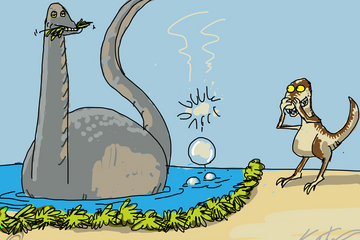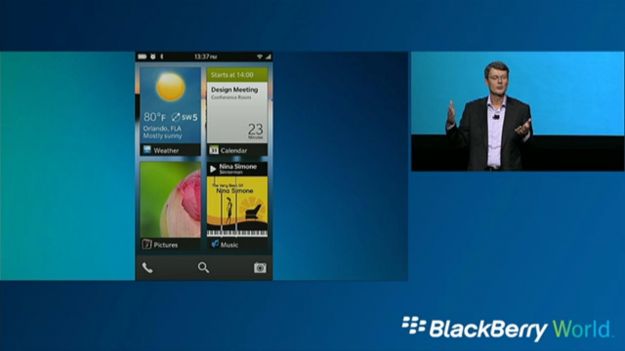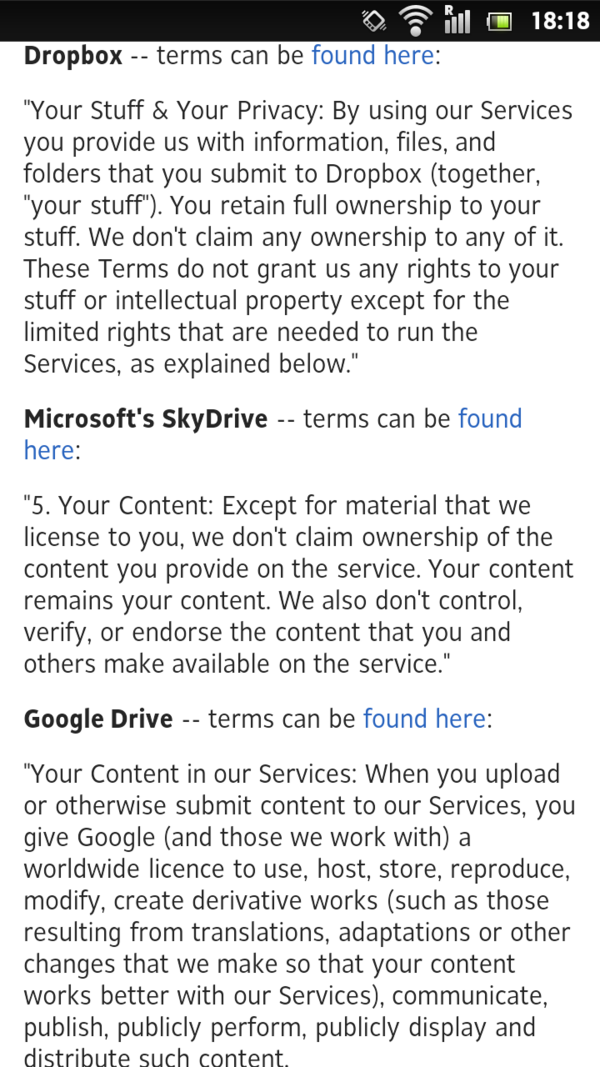It seems strange to be talking about heating the world on your own, but there may be something to it as another group of animal has already managed to do it: the dinosaurs. The dinosaurs supposedly managed to heat the planet through their flatulence.
The Liverpool John Moore’s University, the University of London and the University of Glasgow came together to carry out a study on this, and they published their results in the science journal Current Biology.
They investigated the wind output of the cows of today, came up with a figure, and then scaled it up to match the Sauropods from millions of years ago. For those not in the know, Sauropods are the type of dinosaurs with long necks, large bodies, and small heads; just think of the brontosaurus.

They then compared the output of one Sauropod and scaled it up to match the estimated population of the dinosaurs. This then led to their final figure that the dinosaur population produced a massive 520 million tonnes of gas each year; which is handy for heating the world.
This may seem like a massive figure, but what we have to remember is that these animals were simply gigantic. They were taller than most of our buildings and the tops of trees could barely reach a Sauropod’s shoulders.
But why do these gases supposedly heat up the earth?
The answer is that whilst the gas produced from one’s rear-end is filled with many things, it also contains traces of methane. And methane is a greenhouse gas that heats up the earth. If you have lots of this then, in theory, the whole planet can be heated up by a population of dinosaurs. And its effects are well-documented as the Earth was supposedly ten degrees Celsius hotter than it is today, previous studies demonstrated, even if they didn’t know exactly why this was the case.
Furthermore, what we have to remember is that livestock and its methane emissions have been shown to have an impact on the global temperature. Granted, it pales in comparison to the impact that humans and their technology have on the environment, but it’s still there.
520 million tonnes a year is what they produced back then, and an estimated 500 million tonnes are what we have now. This may seem like there was very little difference between the two, however the difference is in who is producing it. The 520 million tonnes came purely from the dinosaurs themselves, whereas the 500 million tonnes is from everything currently on the earth. This can only mean that there would have been millions and millions more tonnes of unaccounted emissions in the time of the dinosaurs.
Obviously technology isn’t the only method used when heating the world. There are going to be more questions than ever now, though. If the dinosaurs could eclipse our emissions with all our technology then surely the potential impact of global warming isn’t as large as we initially feared? Perhaps there really is something to the argument that the current weather patterns are only as a result of the natural environment cycle of the Earth?














